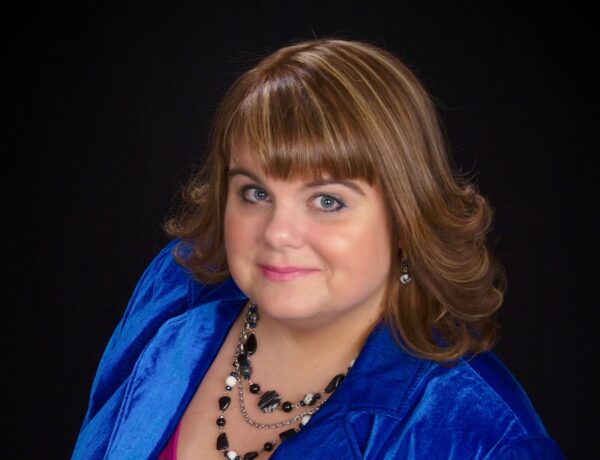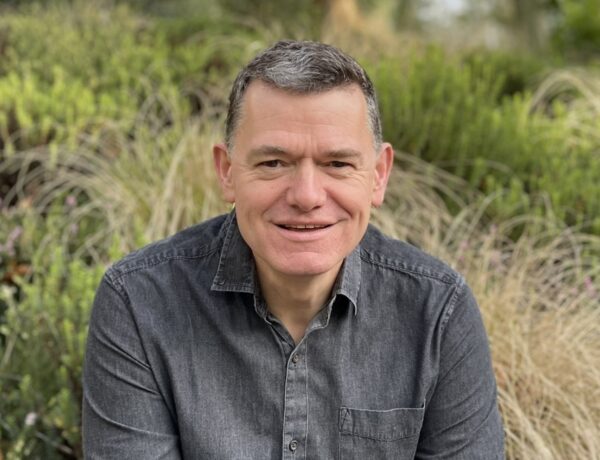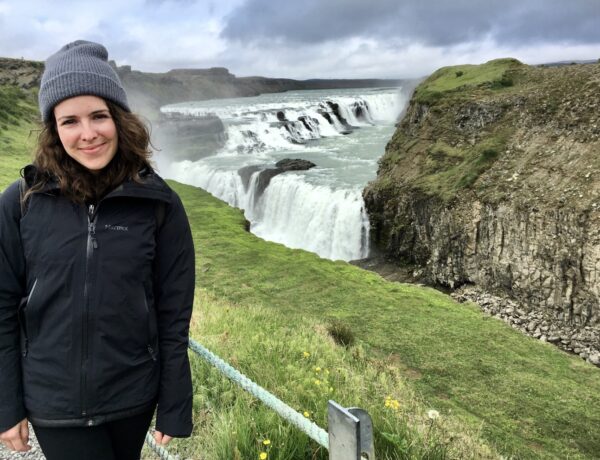Grant Faulkner is the Executive Director of National Novel Writing Month (NaNoWriMo) and the co-founder of 100 Word Story. He has published two books on writing, Pep Talks for Writers: 52 Insights and Actions to Boost Your Creative Mojo, and Brave the Page, a teen writing guide.
Grant has also published All the Comfort Sin Can Provide, a collection of short stories, Fissures, a collection of 100-word stories, and Nothing Short of 100: Selected Tales from 100 Word Story. His stories have appeared in dozens of literary magazines, including Tin House, The Southwest Review, and The Gettysburg Review, and he has been anthologized in collections such as Norton’s New Micro: Exceptionally Short Fiction and Best Small Fictions.
His essays on creativity have been published in The New York Times, Poets & Writers, Lit Hub, Writer’s Digest, and The Writer. He serves on the National Writing Project’s Writer’s Council, Lit Camp’s Advisory Council, and Aspen Words’ Creative Council. He’s also the co-host of the podcast Write-minded.
Looking for inspiration to help you achieve your writing goals? Subscribe to our newsletter for exclusive insights into the routines, habits, and techniques of some of the most celebrated authors in history.
Hi Grant, welcome to Famous Writing Routines, great to have you here with us today! As the co-founder of 100 Word Story, a platform for writers to share their work in 100 words or less, what inspired you to start this project, and what do you think makes micro-fiction such an interesting genre?
I started 100 Word Story with Lynn Mundell and Beret Olsen because I became addicted to the form myself. I’d been working on a novel off and on for 10 years, and then I discovered the 100-word story form, and writing these miniatures provided not only a welcome respite from the novel, but they gave me creative juice because I got the satisfaction of completing something and then publishing my stories.
My new book The Art of Brevity, is all about why microfiction is such an interesting genre. Writing short is such a riddle and a mystery. It’s like playing the Ouija board, in that you’re speaking with ghosts, and you don’t have access to the full story. You’re telling a story through omission as much as the words on the page. It’s an ineffable, numinous form that’s full of different contours and spawns so many different types of storytelling containers. I love the form because it invites a different type of storytelling than longer forms, so I needed to write this book.
I imagine the short form might allow for a different type of writing routine?
I think that’s a really important point. When I first started writing 100-word stories, I’d often pause for five or 10 minutes when I pulled up at work to write a story. I could complete a draft in a short period of time, and because I was a working parent, I didn’t have many periods of longer, more sustained time. I used the nooks and crannies of time that were available to me, and the shorter form is perfect for such constraints.
You’ve published several books on writing, including Pep Talks for Writers and Brave the Page, a teen writing guide. What do you think are some of the most important pieces of advice for writers, regardless of their level of experience?
This is easy to say, but it’s often hard to practice: Believe in yourself. Believe in your imagination. Believe in your ability to learn by doing (the best way to learn to write is by writing, by the way). Believe in your story, your words, your way of seeing the world, your way of being in the world. Believe that when you’re being vulnerable on the page, your strength to be vulnerable is a gift.
Believe in your persistence and your endurance. Believe in your resilience (because you will face rejection, by others and yourself). Believe in the meaning you give your writing. Believe in the questions you’re curious about. Believe that your story matters, in short. Trust that belief. Again and again.
Can you share a little bit about your experience co-hosting the Write-minded podcast, and what you hope listeners take away from each episode?
Write-minded is a weekly podcast that’s a joint partnership between NaNoWriMo and She Writes. I’m blessed to co-host it with Brooke Warner, who is so smart as a writer, teacher, editor, and publisher. We have a theme for each episode on a different part of the creative process, and we get amazing guests such as Pico Iyer, Elizabeth Gilbert, Mary Karr, Kim Addonizio, Jacqueline Woodson, Kiese Laymon, Gish Jen, and so many others.
I hope listeners feel that they are part of a community of writers and that they leave each podcast inspired to write with a deeper knowledge of their creative process and artistic goals.
Can you tell us about your writing routine? What does a typical day look like for you?
A typical day is untypical. I used to have typical days. I used to have a writing routine. But I’m afraid my life has become too busy, both with the projects I work on, such as NaNoWriMo and 100 Word Story, but also because I have so many things competing for my writing time, such as what I call the “business of writing,” which includes interviews like this one.
I wake up around 4:30 every morning and attend to it all. Sometimes I have some pure writing time. Sometimes I have to reply to emails for an hour. Sometimes I have to proofread and publish a 100-word story. Sometimes I have to post something on social media. Sometimes all of the above. I’ve grown accustomed to a fragmented writing style, and I feel that jumping in between projects can provide nourishment and momentum to each project. One thing feeds another, in other words.
That said, I need more time. I’m looking for ways to open up time. I’m saying no to more things. Or trying to say no. That’s one thing that’s important for a writing routine: saying no. Making your writing a priority.
If you could have a conversation with any author throughout history about their writing routine and creative process, who would that person be?
It’s an interesting question because I honed my thoughts on creativity through a study of my favorite writers, so I don’t feel like I need to talk with them. I think I’d rather talk to someone who’s not a writer. I’d love to talk with Frida Kahlo about her process of revelation and vulnerability. I’d love to talk to Picasso just because he was so prolific and went through so many different eras as an artist. I’d love to talk with John Cage because he looked at the world in such a unique way.
I’d love to know about the books you’re reading at the moment. What have been some of your favorite recent reads?
I loved Peter Ho Davies’ The Art of Revision, which I recently finished. I’m currently reading The Waste Land because T. S. Eliot wrote it 100 years ago. I’m going to study it during April, National Poetry Month, because I want to go deep into a work. Modern life is so much about skimming. I’d like to skim less and read more deeply.
What advice would you give to aspiring writers who are just starting out, and what do you think are the most important things to keep in mind when pursuing a career in writing?
Write. Write a lot. Write in many forms. Read. Read a lot. Read in many forms. Always serve the story. The story is a gift. Fame and fortune don’t matter much (and rarely happen). Write for joy. Write for curiosity. A story you love will love you back in so many unexpected ways.
What does your current writing workspace look like?
It looks like me sitting in a messy living room with my legs propped on a coffee table and my dog Buster nestled between my legs with my laptop perched on top of him.
I grew up dreaming that I’d have a sumptuous writing space, but the constraints of urban living didn’t allow for such a thing. That makes me sad sometimes. But writing is about being adaptable. And to get writing done, you have to accept the situations life gives you.
Affiliate disclaimer: Some links on this website are affiliate links. We may earn a small commission if you make a purchase through these links, but only promote products we truly believe in. We disclose affiliate links and give honest reviews.



No Comments